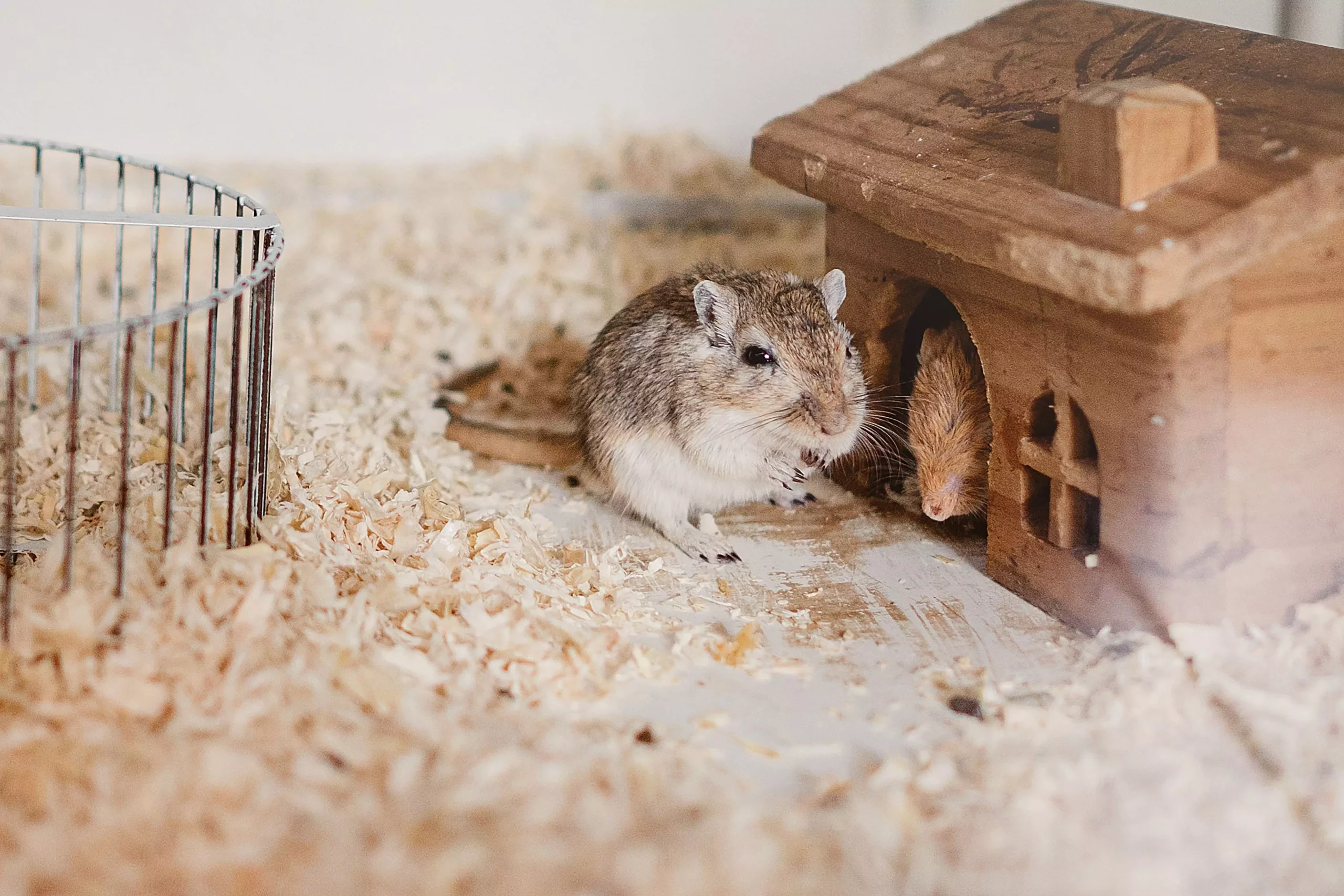As winter lingers, pet owners must be vigilant about their small animals’ well-being. As the temperature dips, the cozy environment of our homes may harbor hidden dangers for small pets like rabbits, hamsters, birds, and reptiles. It is crucial for pet owners to understand the specific needs of their animals during the chilly months and implement effective strategies to ensure their safety, comfort, and health. This article discusses various best practices for maintaining a cozy and nurturing environment for small pets amid winter’s stronghold.
As Dr. Crystal Matt, an avian medicine resident, points out, while many pets may appear healthy, the cold can severely impact their well-being. Animals such as rabbits and guinea pigs can experience extreme stress due to the fluctuating temperatures, which could lead to serious health issues like gastrointestinal stasis, a condition where normal digestive processes are hindered. It’s imperative for pet owners to monitor their animals closely, recognizing that even the most seemingly healthy creatures are susceptible to the vicissitudes of winter.
The relationship between small pets and the environment they inhabit cannot be overstated. Unlike dogs and cats, which have adapted over time to live alongside humans, many small pets, especially reptiles, require specific environmental conditions that replicate their natural habitats. For instance, reptiles, often considered exotic pets, cannot tolerate significant temperature drops or significant changes in their living conditions.
Before the cold weather sets in, pet owners should ensure their animals are healthy through routine wellness checks. Regular veterinary visits help unearth hidden health problems and allow for early intervention. Consulting with a veterinarian becomes invaluable, as they can provide tailored advice on specifics like dietary needs, temperature regulations, and any necessary seasonal treatments.
As temperatures plummet, having a reliable backup heat source for your pets is essential. Pet owners should familiarize themselves with safe heating options, as certain heat sources can pose risks. For example, birds are especially sensitive to air contaminants, making it crucial to choose heating methods that won’t endanger their health. Battery-powered heating systems can be lifesaving during power outages, while air-activated hand warmers serve as an excellent supplementary heat source.
The unpredictability of winter weather can bring snowstorms, ice storms, and other hazardous conditions. In such situations, it is wise to have adequate carriers and emergency supplies ready for your small pets. Just as with other animals, keeping your small pets safe during inclement weather is paramount. Moreover, collaborating with friends, family, or local boarding facilities can establish a safety net should you need a last-minute caregiver.
It’s advisable also to stock up on food and critical supplies for your pets. In the case of emergencies, being proactive will ensure that you don’t run out of essential items. Just as importantly, if you plan to leave pets at home, appoint someone to regularly check on them to ensure their well-being. Consistency is critical, even for animals that require infrequent feeding.
An important aspect of small pet care during winter is managing temperature and humidity levels effectively. While ensuring that your pet has access to warmth is critical, one must balance this with the potential dangers of overheating. Some small animals, like Chinchillas, thrive better in cooler temperatures and are susceptible to heat stress. Owners should provide adequate space for their pets to self-regulate their temperatures.
Humidity is another often-overlooked factor that can affect the health of small pets during winter. Cold weather can dry out indoor air, leading to low humidity that can adversely impact reptiles and other species requiring moist conditions. Many reptiles necessitate humidity levels that are higher than typical household air can provide. Homeowners are urged to consult with veterinarians for guidance on maintaining adequate humidity and other environmental conditions.
Keeping small pets healthy and comfortable in winter is not just about providing food and shelter—it’s a multifaceted responsibility. Communicating openly with veterinarians, being proactive about preventive health care, preparing for emergencies, and recognizing individual species needs are all crucial components of responsible pet ownership during the colder months. As we navigate this winter season, let us commit to ensuring that our small animal companions remain safe, healthy, and happy, even amid the frost and chill.

